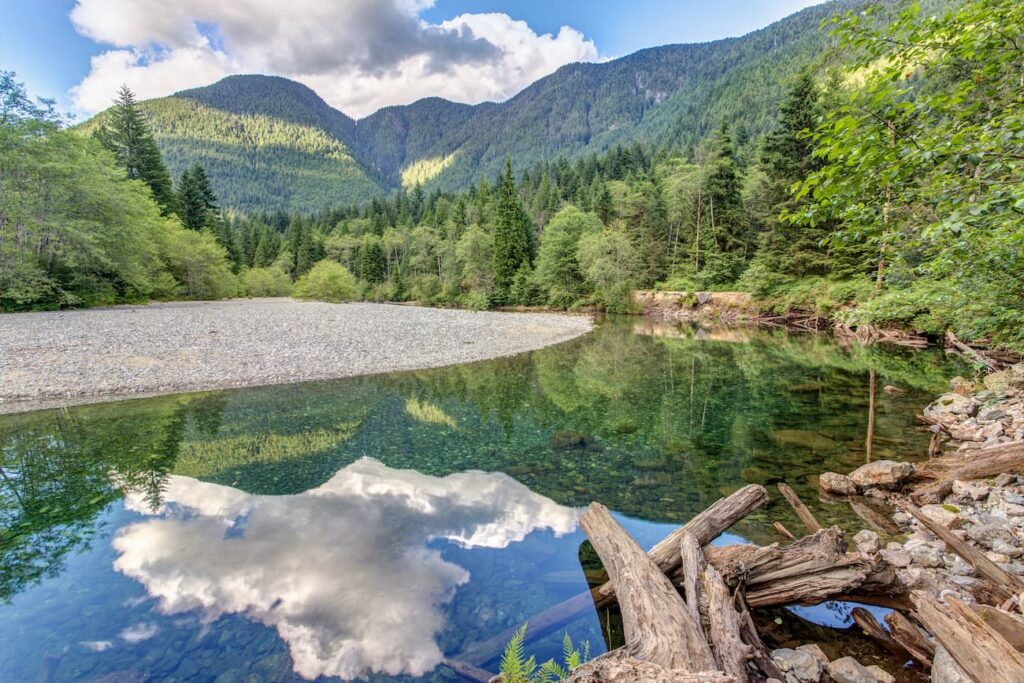
Introduction
Alouette Lake, nestled in the picturesque Garibaldi Provincial Park in British Columbia, Canada, is rapidly gaining recognition as a must-visit destination for nature lovers and outdoor enthusiasts. Its stunning vistas, pristine waters, and abundant recreational opportunities make it an ideal spot for activities ranging from hiking and fishing to kayaking and camping. As the region recovers from the challenges posed by the COVID-19 pandemic, Alouette Lake stands out as a safe and beautiful locale for residents and tourists alike.
The Lake and Its Surroundings
Alouette Lake spans approximately 17 kilometers in length and is known for its striking turquoise waters fed by the surrounding mountains and rivers. Surrounded by lush forests, hiking paths, and the towering peaks of the Coast Mountains, the lake offers breathtaking views that attract photographers and nature enthusiasts from all over the world.
Recreational Activities
Visitors to Alouette Lake can engage in a variety of outdoor activities. During the summer months, the lake becomes a hub for swimming, paddleboarding, and canoeing. Fishing enthusiasts can seek local species such as trout and Kokanee salmon. The surrounding trails provide ample opportunities for hiking and mountain biking, with routes ranging from simple strolls to challenging treks suitable for seasoned hikers.
Camping and Facilities
For those looking to fully immerse themselves in nature, Alouette Lake features several campgrounds equipped with basic amenities. Both the Alouette Lake Campsite and nearby Gold Creek Campground offer tent and RV camping options, providing a perfect base for exploring the area. Many visitors enjoy the tranquility of camping by the lakeside, where they can enjoy evening campfires while soaking in the serene ambiance of the natural environment.
Conservation Efforts
As the popularity of Alouette Lake grows, conservation efforts are becoming increasingly important to preserve its natural beauty and ecosystem. Local authorities and environmental organizations are working collaboratively to protect the area’s flora and fauna while maintaining facilities for public enjoyment. Visitors are encouraged to practice Leave No Trace principles to ensure that Alouette Lake remains pristine for generations to come.
Conclusion
Alouette Lake presents a unique blend of adventure and relaxation, offering visitors a chance to connect with nature in a stunning setting. With its myriad of recreational activities and emphasis on environmental conservation, the lake is proving to be a significant addition to British Columbia’s outdoor destinations. As more people seek safe and scenic getaways, Alouette Lake is poised to become a favored spot for both local residents and tourists alike, highlighting the importance of preserving such natural treasures.



